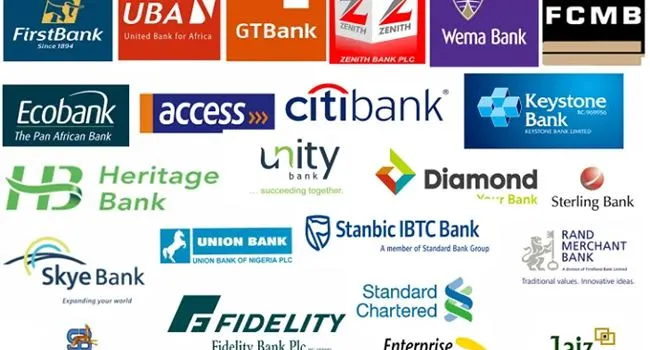Nigeria’s financial system faced fraud in 2014. In response, the Central Bank and all banks launched the Bank Verification Number. To prevent unlawful transactions, this 11-digit identity was connected to fingerprints and facial scans.
After initial security concerns, the BVN succeeded. Increased financial inclusion, decreased fraud, and simplified credit checks. It protects banks and clients in Nigeria’s financial system today.
Bank Verification Number (BVN) registration rose to 60.49 million on January 26, 2024, indicating that banks issued 291,232 additional BVNs in the past two weeks.
The latest Nigeria Inter-Bank Settlement System BVN registration data showed this. As of January 10, 2024, the BVN database was 60.2 million, according to reports.
Read also: OPay vows to block accounts without BVN or NIN by March 1
After the Central Bank of Nigeria announced that all bank accounts without BVN would be blocked in April 2024, Nigerians without the number are scrambling to get it.
The apex bank also ordered commercial, merchant, non-interest, payment service banks, other financial institutions, and mobile money operators to electronically revalidate the BVN or NIN attached to all accounts/wallets by January 31, 2024.
A sluggish BVN database growth. The BVN database reached 56.5 million in 2022 after 4.8 million new registrations. However, data released late last year showed that the database only rose by 3.4 million.
In December 2021, NIBSS reported 133.5 million active bank accounts. The 2022 and 2023 data have yet to be revealed, but it is projected to be higher than 2021, which showed a significant discrepancy between registered BVN and bank accounts.
Due to the ability to link numerous accounts to a BVN, industry observers feel the difference may be slight.
According to the EFINA Access to Financial Services in Nigeria 2023 Survey, 5% (3 million) of banked adults lack BVNs or NINs.
CBN’s due date is April 2024
It was stated by the Central Bank of Nigeria (CBN) in December 2018 that accounts not having a BVN and National Identification Number (NIN) would be frozen starting in April 2024.
The apex bank said banks must apply a “Post no Debit” restriction on withdrawals, transfers, and other debits “for all existing Tier-1 accounts/wallets without BVN or NIN”.
Until the new process is complete, unfunded accounts/wallets will remain on ‘Post No Debit or Credit’.
In a circular dated March 1, 2024, the CBN Director of the Payments System Management Department, Chibuzo Efobi and the Director of Financial Policy and Regulation Department, Haruna Mustapha, ordered all funded accounts or wallets to be placed on ‘Post No Debit or Credit’ and no further transactions.




